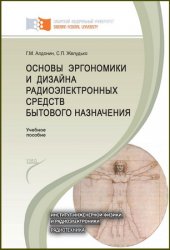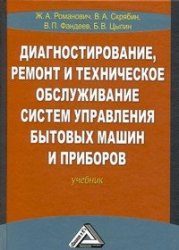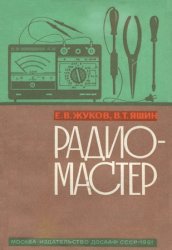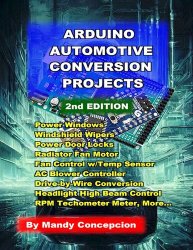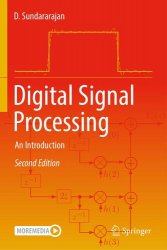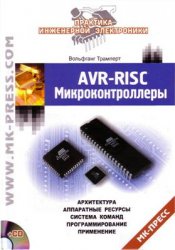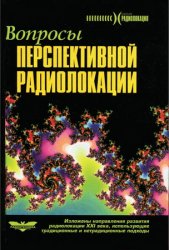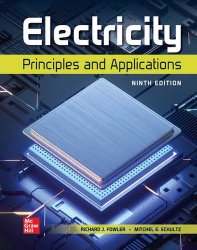- Добавил: literator
- Дата: 25-06-2024, 14:57
- Комментариев: 0
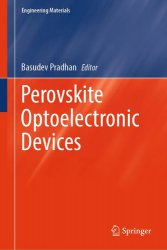 Название: Perovskite Optoelectronic Devices
Название: Perovskite Optoelectronic DevicesАвтор: Basudev Pradhan
Издательство: Springer
Год: 2024
Страниц: 660
Язык: английский
Формат: pdf (true)
Размер: 29.2 MB
This book delves into the practical applications of perovskite materials in optoelectronics, covering solar cells, light-emitting diodes, photodetectors, neuromorphic devices, lasers, and X-ray detectors in various forms including bulk, two-dimensional (2D), and zero-dimensional (0D). It addresses the pressing need for scalable fabrication processes, performance optimization, and stability concerns associated with perovskite-based devices. With a detailed examination of fundamental properties and challenges, this book serves as a comprehensive guide for scientists, technologists, and engineers involved in developing and optimizing perovskite-based optoelectronic devices for commercialization. Furthermore, it fills a significant gap in the literature by providing in-depth coverage of perovskite solar cells and other emerging optoelectronic technologies, making it an essential resource for researchers and practitioners in materials and device physics.

